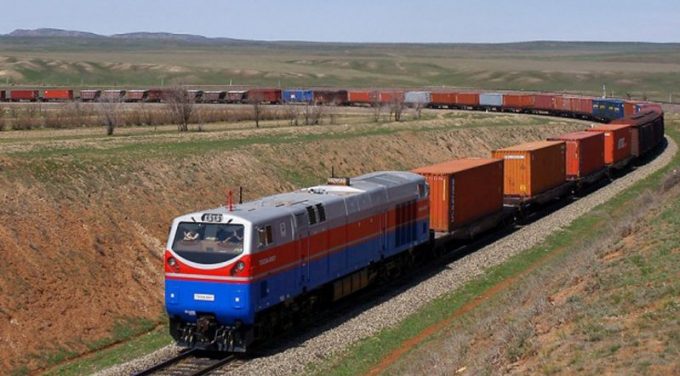How US intermodal operators are killing their own industry
The United States’ much-vaunted intermodal network is in an utter mess, according to a pile ...

China-Europe rail freight volumes spiked last month, with demand for central Asian road freight connections also increasing.
According to China State Railway Group, there were 1,517 Silk Road trains running in July, up 11% year on year, with volumes up 12%, to 149,000 teu.
However, total volumes for the first seven months were up only 4%, to 869,000 teu, continuing the slowdown in growth that began with the Russian invasion of Ukraine.
But Chengdu-based New Silk Road Intermodal noted how congestion on the network ...
Volcanic disruption at Anchorage could hit transpacific airfreight operations
Macron calls for ‘suspension’ – CMA CGM's $20bn US investment in doubt
Forwarders stay cool as US 'liberation day' tariffs threaten 'global trade war'
Shippers snap up airfreight capacity to US ahead of tariff deadline
De minimis exemption on shipments from China to the US will end in May
Tighter EU import requirements proving 'a challenge' for forwarders
Looming Trump tariffs will create 'a bureaucratic monster' for Customs

Comment on this article